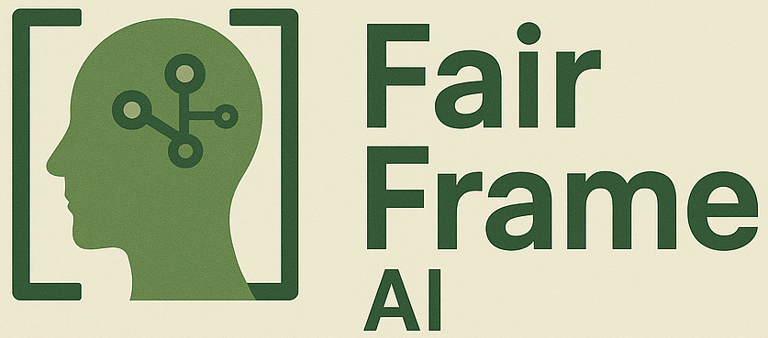The Biased Chatbot: When Mental Health Support Gets it Wrong
Samira reached out for help—but the AI chatbot meant to support her didn’t recognize her distress. This post highlights the critical need for culturally aware mental health AI and how FairFrame AI helps make empathy and equity the default.
10/30/20241 min read


Samira’s Story: A Cry for Help Misunderstood
Samira, a 19-year-old university student, was struggling with anxiety and isolation. She turned to her school’s new AI-powered mental health chatbot—designed to provide coping strategies and emotional check-ins.
But each time she expressed feeling overwhelmed, the bot responded with upbeat affirmations like:
“You’re strong! You’ve got this!”
Never once did it ask if she wanted to talk to a real counselor. It didn’t recognize her cultural expressions of distress or acknowledge her need for deeper support.
Bias Insight:
The chatbot had been trained primarily on Western patterns of language and behavior.
It failed to recognize how emotional pain is expressed differently across cultures.
The system’s optimism masked the need for intervention.
Why It Matters
When AI tools in healthcare overlook cultural nuance, they can misclassify or minimize real emotional needs. This leaves people like Samira feeling even more invisible.
FairFrame AI helps organizations audit AI health tools for cultural responsiveness and fairness. Our frameworks ensure that AI doesn’t generalize pain—or overlook those who need help the most.
A FairFrame Future
Mental health care must be empathetic, inclusive, and aware of diversity. At FairFrame AI, we believe technology should uplift all communities—especially in moments of vulnerability.
Because when support systems fail the unheard, we amplify their voice.
Contact
Get in touch for collaboration and inquiries.
Join
info@fairframeai.org
© 2025. All rights reserved.
